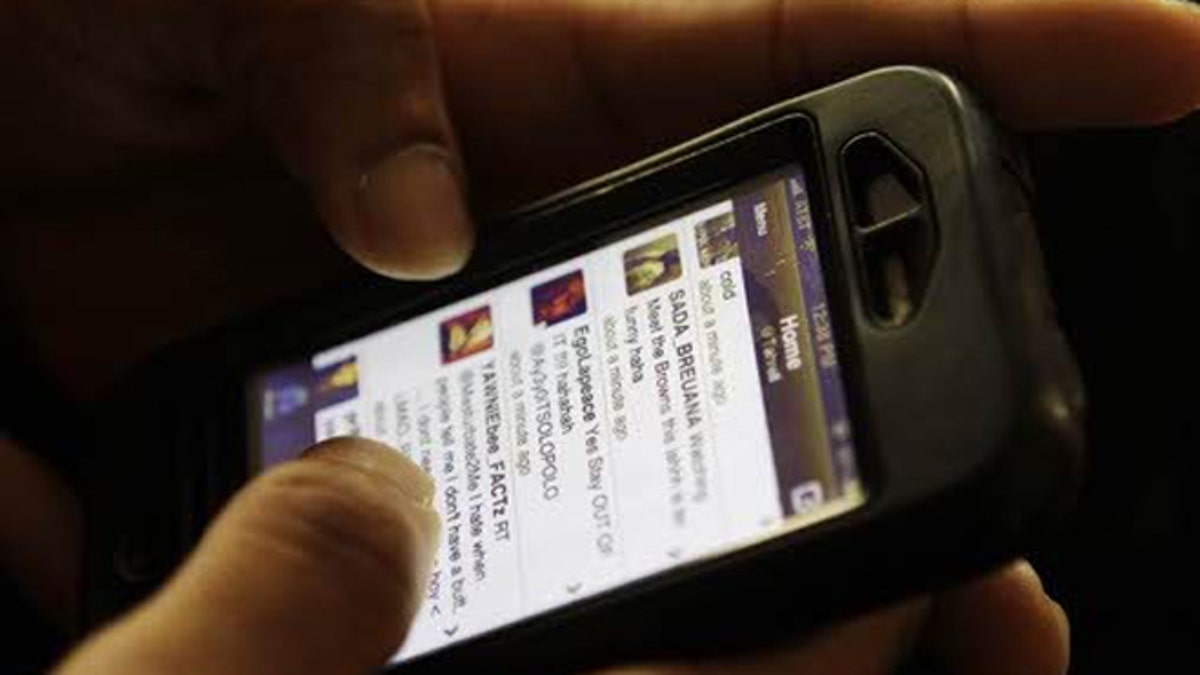
(AP)
When David defeats Goliath, it is big news. When two Goliaths go to battle, it is usually bigger news. However, with major policy and political news on a variety of subjects coming from Washington lately, there has been waning attention paid in the latest round of Apple and Samsung, two telecom goliaths in a court battle over smartphone patents.
This is regrettable, especially because millions, in fact potentially tens of millions, of consumers could end up as collateral damage in this legal brawl.
There is no need to turn smartphone users into collateral damage left in the wake of the seemingly never-ending litigation among the Goliaths of technology.
The quick overview: the U.S. District Court in the Northern District of California awarded Apple financial damages of $930 million due to what it called smartphone design infringement by Samsung. Apple has attempted to petition the Court to ban all infringing Samsung devices from the market but has not been successful. The Northern California Federal Court of Appeals is reviewing the amount of financial damages awarded to Apple. The next step in this battle will be a hearing on December 4, 2014.
Patents serve an important purpose to protect intellectual property and innovations. But in this design patent dispute, Apple successfully claimed that Samsung copied a patented rectangular design and graphical user interface. As a result, Apple was awarded excessive damages based upon Samsung’s total profit for the devices—a ruling that misinterpreted the law without evidence the patents in question had an impact on consumers’ decision to choose one device over another. Functionality and new features are the primary market differentiators influencing consumer choice, not only design.
However, in reality the design or shape of a consumer product are not necessarily primary drivers of the sale of a high-tech product. This is particularly true for consumer electronics and an application driven smartphone that contains upwards of 250,000 patents. If Apple can patent a vertical rectangle for phones, can Sony patent the horizontal rectangle for televisions or cameras? Many products—like smartphones and televisions—are a certain size and shape for functionality, not because they are particularly innovative or aesthetically pleasing.
- Latino unemployment stays under 7 percent for second month in a row
- Spanish PM Rajoy visits Catalonia amid continuing tensions over secession
- Mexican government asks kids to turn in toy guns to foster a culture of peace
- Ferguson businesses – among them a Mexican restaurant – anxiously wait for unrest to fade
- Homelessness On The Rise In Puerto Rico
This case matters because the outrageous damages awarded to Apple will increase consumer costs and reduce competition in the smartphone market, an outcome that would impact millions including a large portion of consumers from underserved communities. For example, Hispanics disproportionately depend on lower-cost Android based smartphones as their primary means of accessing the internet. In fact, more than half of Latinos rely on smartphones as our primary connection to the Internet.
The Pew Hispanic Center found that smartphone ownership growth in the Hispanic community is leading other demographic groups. Adopting wireless broadband has helped our communities begin to close the “digital divide.”
This is why the Hispanic Leadership Fund recently filed an amicus brief in the patent litigation between Apple and Samsung. Unwarranted damages like those awarded to Apple will drive up the cost of technology and is likely to impede or reverse some of this important progress.
In today’s hyper-connected digital world, having Internet access has become a necessity in everyday life for students, professionals and families. Reducing affordable access to smartphones can affect everything from access to educational resources, mobile health care, government services and job opportunities. As everyone relies more and more on Internet connectivity and mobile broadband access via our smartphones, policymakers should work to ensure an environment where modern devices remain available and affordable.
On behalf of the millions of consumers that rely on their smartphones as their gateway to the Internet, our organization urges the Federal Court of Appeals to reduce the award in recognition of its unintended consequences. There is no need to turn smartphone users into collateral damage left in the wake of the seemingly never-ending litigation among the Goliaths of technology.








































